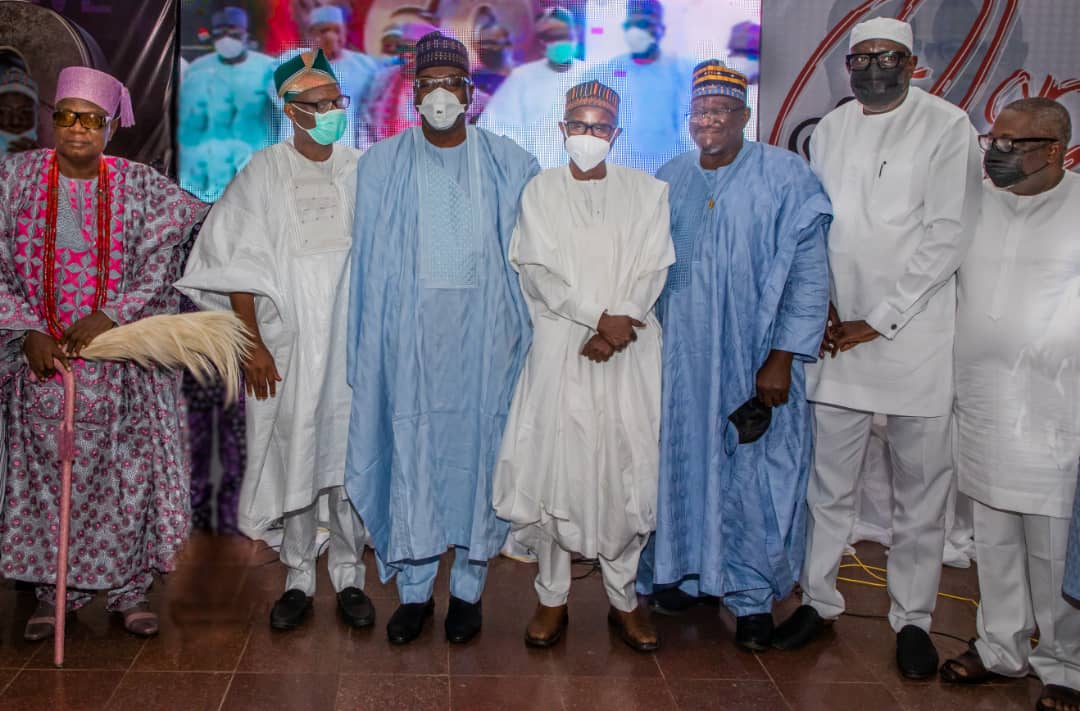The Chairman, Daily Trust Newspapers and Board Member of the International Press Institute (IPI), Mallam Kabiru Yusuf, has said the media industry is not against regulation.
The IPI chief said what the media wants is to take part in creating the framework for regulation in the country.
- Emir of Daura to Buhari: Things would have been difficult for Nigerians without you
- 818 nominees grilled as Obaseki moves to inaugurate cabinet
Media houses across the country have been unanimous in pushing back attempts by the government to regulate social media and censor the press through controversial media bills at the National Assembly.
The controversial bills are the Nigerian Broadcasting Commission (NBC) and the Nigerian Press Council (NPC) Act amendment bills.
But speaking with newsmen in Ilorin on the sidelines of a lecture organised to celebrate the 60th birthday anniversary of the secretary of IPI, Raheem Adedoyin, on Friday, Yusuf emphasized that self-regulation is the best way to address the problem of fake news.
According to him, “Regulation is good for it but what we want is to be able to take part in creating the framework for regulation.
“That is what we call self-regulation. If the media is not credible, then we are the losers. We don’t want media that is not acceptable by the public, government or politicians.
“So we are involving ourselves in self-regulation and we are going to do that”, he added.
On the issue of fake news, Mallam Yusuf noted that technology has a great role to play in the menace.
He said “I think the guest lecturer was also saying something that really educated me and that is the problem of fake news is that of technology.
“When technology is all over when people are on Facebook and Twitter, they do things that nobody can control.
“We in the print and broadcast are under control already as we cannot just wake up and put things in the media, we have editors and managers that control what we put unto our platforms. So I think this is good enough.
“We are going to move towards a framework that will give the public comfort that the media is responsible and ready to attend to any infringement committed by its members”, he added.
Earlier, Governor AbdulRahman AbdulRazaq of Kwara, added his voice to call for urgent actions to halt the spread of fake news, saying the earlier the menace is tackled the better for peace and security of the country.
The Governor suggested that the media professionals may be the best suited to regulate the industry themselves, especially with the advent of social media and proliferation of news platforms, with scanty regard for professional ethics and consideration for national security.
“Leaders in the media industry, politicians and government are concerned about the issue of fake news. Today, anybody can wake up and set up a news agency online unregulated and guided. You should not leave it to politicians to regulate it because you understand the industry better”.
He said the trend of fake news is very alarming and constitutes a threat to peace and cohesion in the country, agitating for legislation driven by professionals themselves to check the menace.
“Anytime I see news online, I will first go to major newspapers and if it is not there, I will move away. Now, we should go beyond that because there is a lot of slanderous, unprofessional reports trending online. You need to clean up the industry. So there is a challenge for you especially in making regulations that will check the trend of fake news”, he said.
AbdulRazaq urged Nigerians to bury their differences and work for national unity and development.

 Join Daily Trust WhatsApp Community For Quick Access To News and Happenings Around You.
Join Daily Trust WhatsApp Community For Quick Access To News and Happenings Around You.

